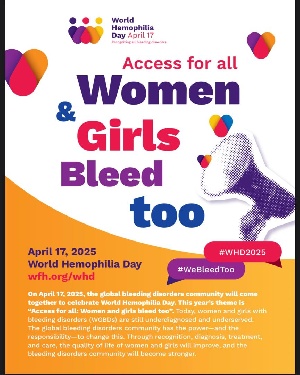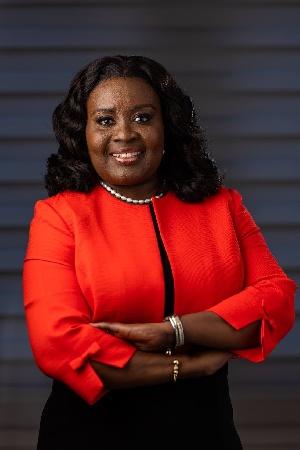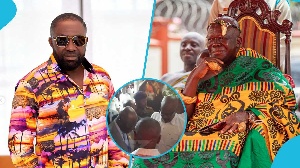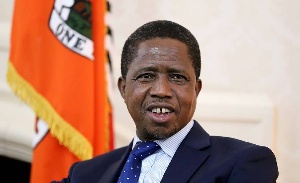Health News of Wednesday, 16 April 2025
Source: www.ghanawebbers.com
Women and Girls Bleed Too: Shining light on haemophilia and bleeding disorders in women and girls
Each year, on April 17, the world raises awareness about haemophilia. This includes other inherited bleeding disorders. The theme for World Haemophilia Day 2025 is “Women and Girls Bleed Too.” This theme challenges the belief that only males are affected by these disorders.
Haemophilia is more often diagnosed in males. However, many females also have symptoms of undiagnosed bleeding disorders. These women may lack treatment or support.
What is a Bleeding Disorder?
Bleeding disorders are medical conditions affecting blood clotting. They occur when essential components for clotting are missing or not functioning properly. Individuals may experience prolonged bleeding after injury, surgery, or childbirth.
Bleeding disorders can be inherited from parents or acquired later in life. Types of bleeding disorders include:
- Haemophilia A and B: Inherited conditions mostly affecting males.
- Von Willebrand Disease (vWD): The most common inherited disorder affecting both genders.
- Other rare disorders: Include platelet function disorders and deficiencies of other clotting factors.
Common Signs and Symptoms:
Signs of bleeding disorders include:
- Frequent nosebleeds or bleeding gums
- Heavy or prolonged menstruation
- Unexplained bruises
- Blood in urine or stools
- Painful, swollen joints from internal bleeding
- Excessive bleeding after surgery or childbirth
Management:
While there is no cure for these disorders, they can be managed effectively. Treatment options include clotting factor replacement therapy and antifibrinolytic medications. Hormone treatments may help with menstrual symptoms as well.
Early diagnosis improves quality of life significantly.
The Global and Ghanaian Landscape
According to the World Federation of Haemophilia’s 2023 Annual Global Survey, 390,630 individuals worldwide live with bleeding disorders. Of these:
- 56% have haemophilia
- 26% have von Willebrand Disease (vWD)
- 18% have other bleeding disorders
Among this population, 65% are male and 34% are female. This shows a significant number of females experience unnoticed symptoms.
In Africa, an estimated 93,985 people live with haemophilia; only 8% are identified formally. In Ghana, the estimated prevalence is 7,131 cases but only 525 are diagnosed—indicating serious gaps in access to care.
These statistics reveal that many people in Ghana may live with undiagnosed bleeding disorders—many being women and girls.
A Silent Burden on Women and Girls
Females can experience symptoms as carriers of the haemophilia gene or through other inherited conditions like vWD. Women and girls may suffer from:
- Heavy menstrual bleeding
- Excessive bleeding during childbirth
- Unexplained bruising
Often, heavy periods are dismissed as normal; however, they can indicate a serious issue.
A Call to Action
This year’s theme reminds us that we must change our narrative:
1. Women and girls bleed too.
2. They deserve equitable access to diagnosis and treatment.
3. Their voices must be heard.
We need public education campaigns addressing inequity in care for women and girls living with these conditions.
In Ghana, institutions like Korle Bu Teaching Hospital work hard to improve haemophilia care with support from various organizations. Despite progress, critical gaps remain in diagnostics and specialized care access.
Government bodies and civil society must unite to ensure everyone receives timely care—regardless of gender or financial means.
“Women and Girls Bleed Too” reflects a vital truth we must acknowledge. Let’s ensure no woman or girl living with a bleeding disorder in Ghana is left behind. By listening to them and providing necessary care, we improve outcomes for families and communities alike.
#WorldHaemophiliaDay2025 #WomenAndGirlsBleedToo #BleedingDisordersAwareness
Written by: Drs Adwoa Agyemang Adu-Gyamfi & Eunice Agyeman Ahmed in collaboration with the Ghana Haemophilia Society











